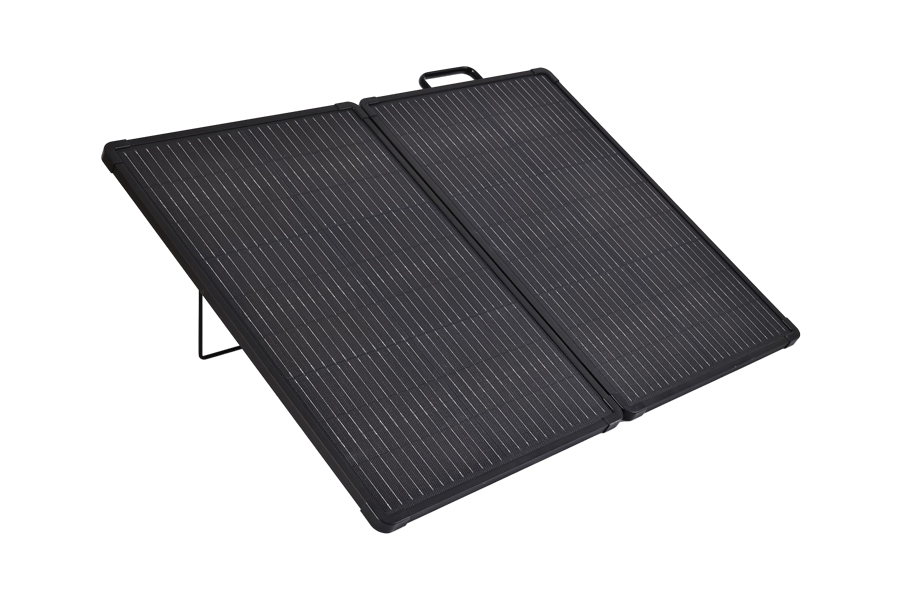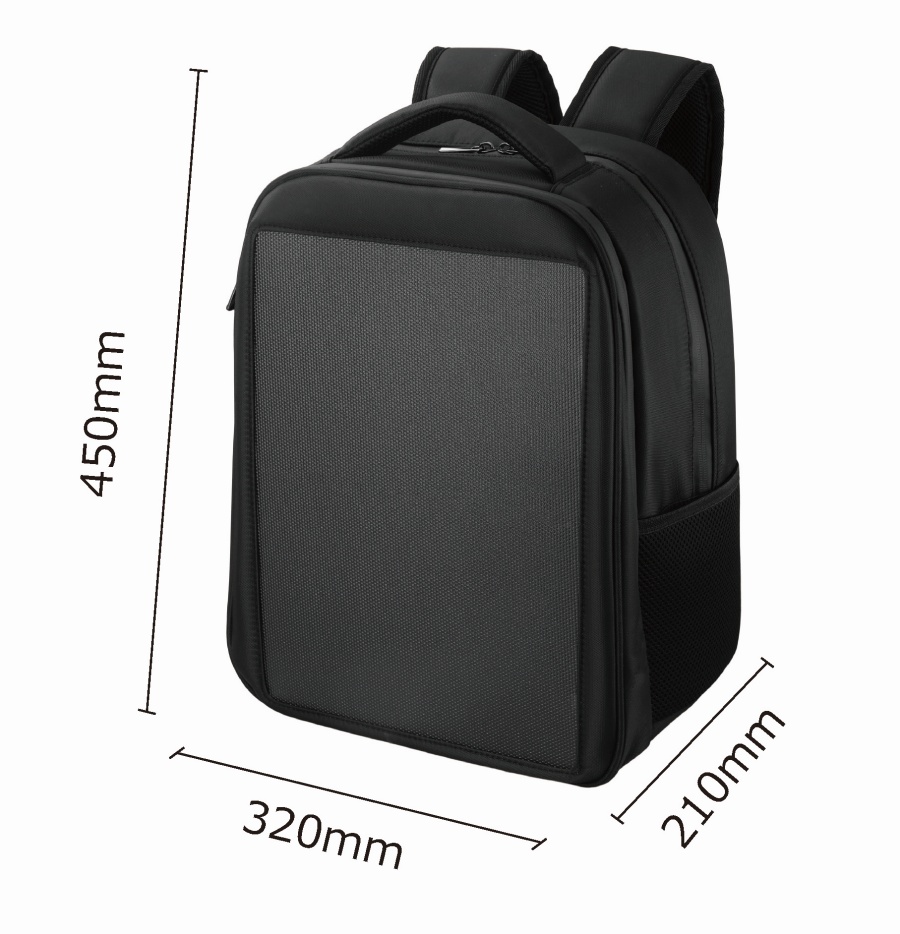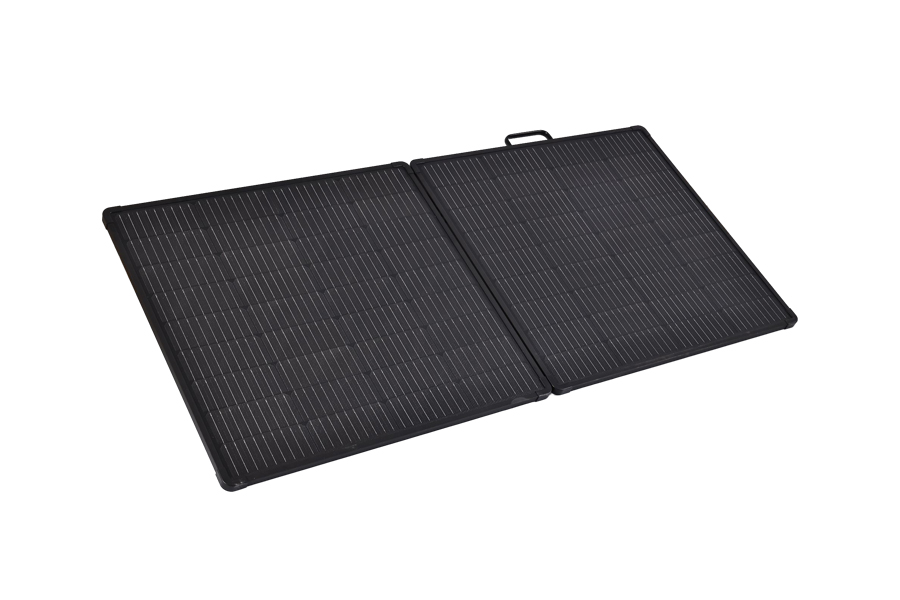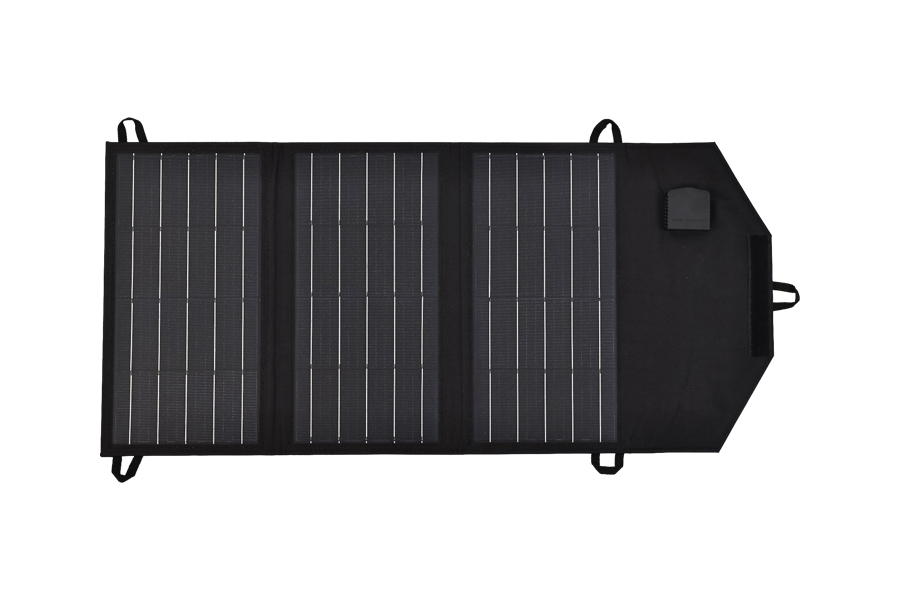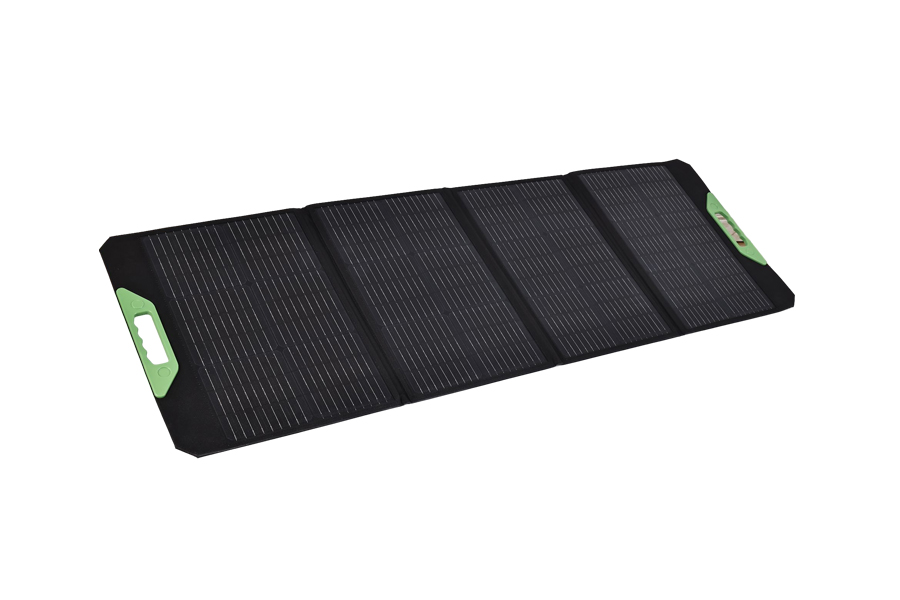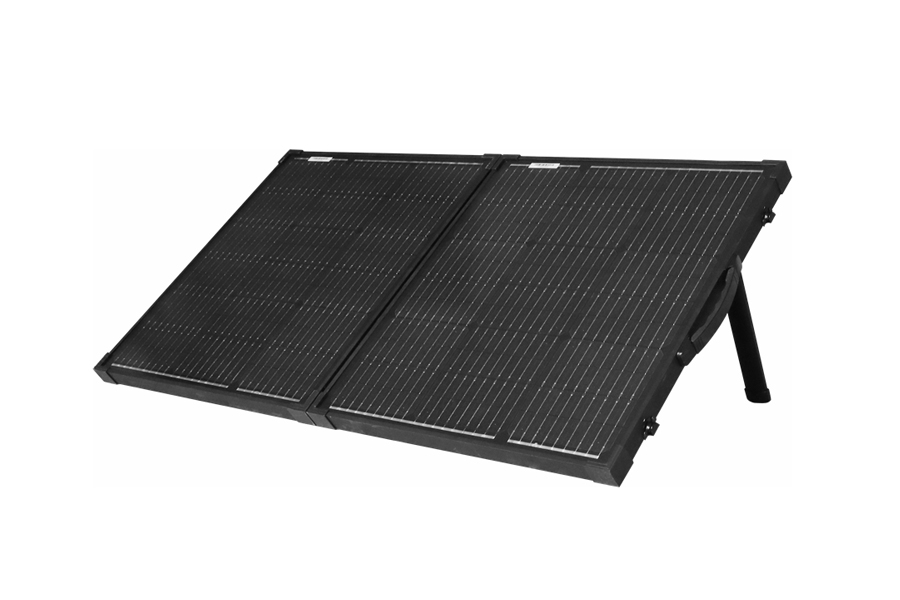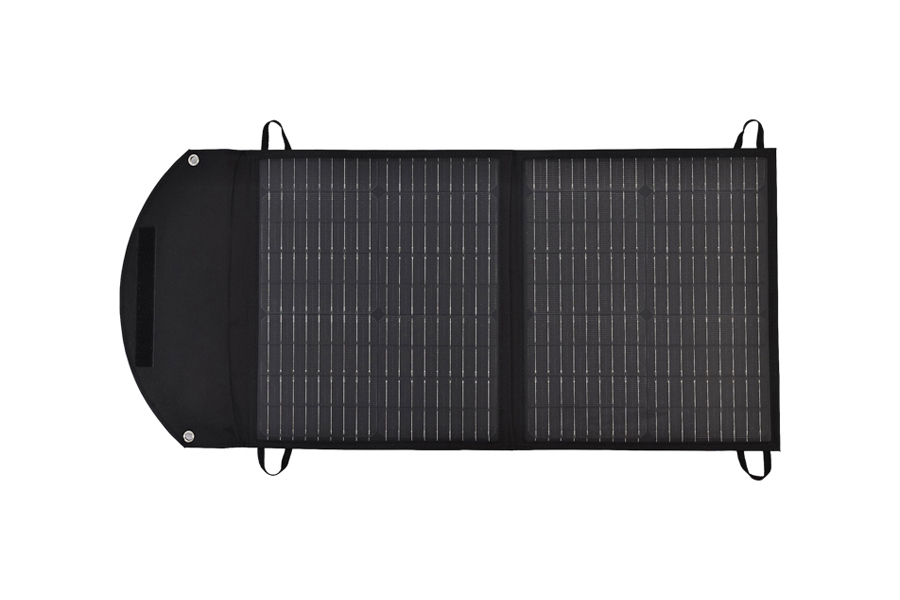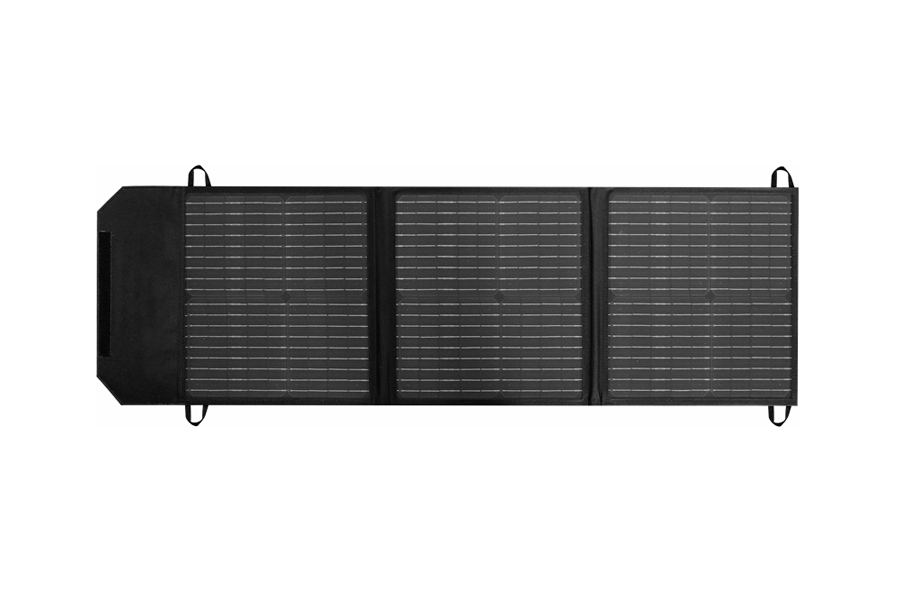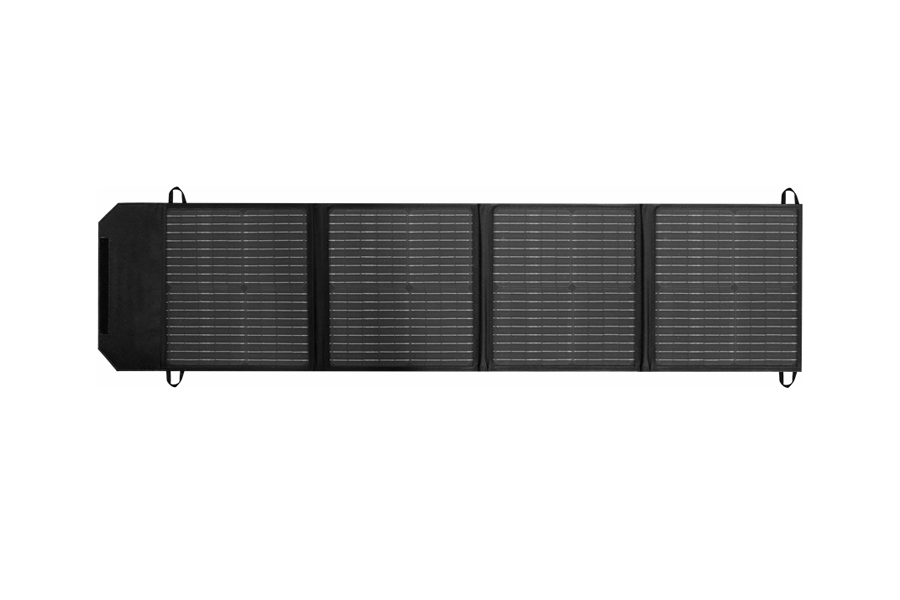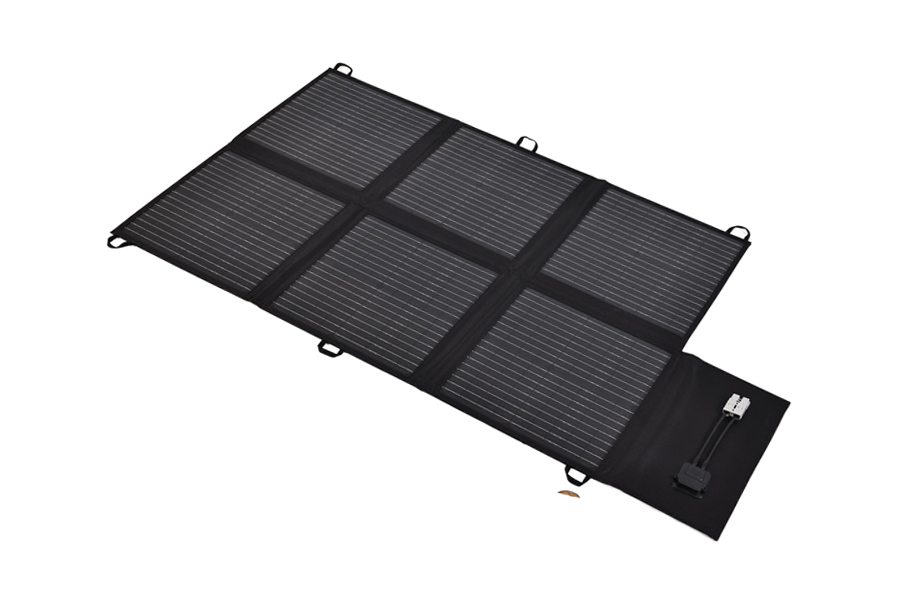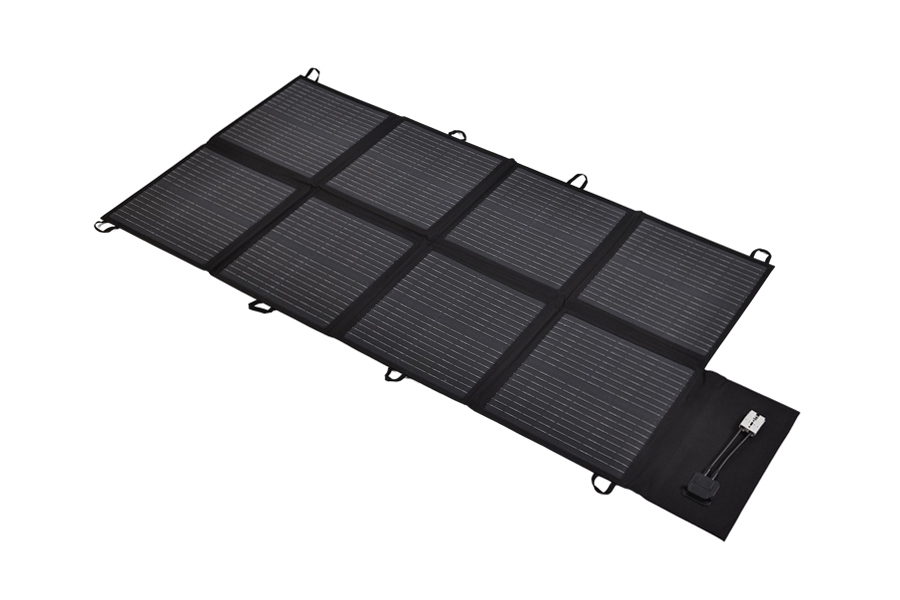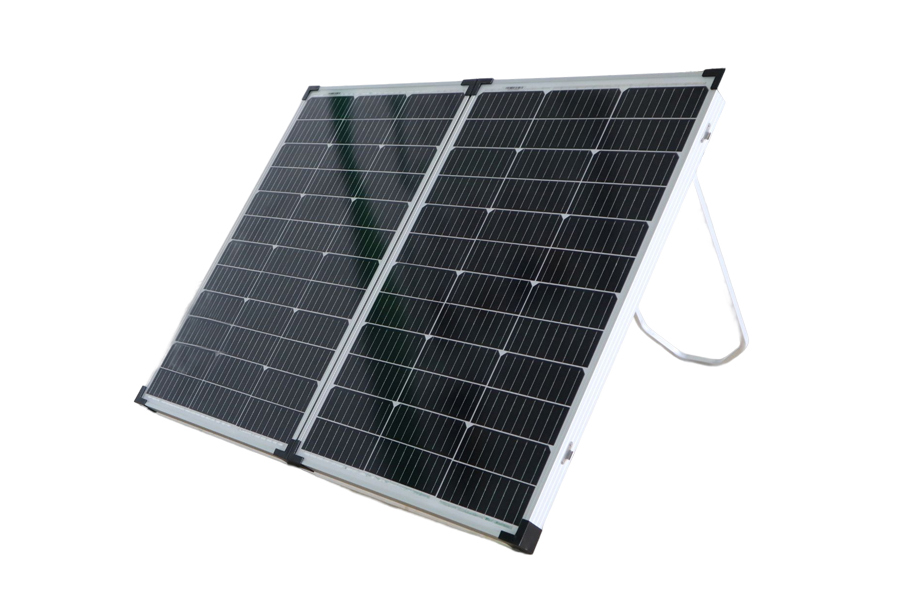China Wholesale Flexible Solar Panels Manufacturing Factory
Wholesale flexible solar panels are changing the renewable energy landscape with their versatility, portability, and efficiency. However, one common concern among consumers and businesses alike is how these panels perform under different weather conditions. In this article, we will explore the performance of wholesale flexible solar panels in various weather scenarios and discuss strategies to optimize their efficiency.
On clear, sunny days, wholesale flexible solar panels exhibit their performance. The panels efficiently convert sunlight into electricity, generating power output. The abundance of sunlight allows the panels to operate at their efficiency levels, making them an excellent choice for harnessing solar energy in regions with ample sunshine.
In partly cloudy conditions, the performance of flexible solar panels may fluctuate. While clouds can partially block sunlight, reducing overall irradiance levels, modern solar panel technology is designed to handle variations in light intensity. Wholesale flexible solar panels are equipped with bypass diodes, which allow them to continue generating electricity even when certain sections of the panel are shaded. As a result, they can still produce significant power output under partly cloudy skies.
During overcast days with thick cloud cover, the amount of sunlight reaching the solar panels is significantly reduced. As a result, wholesale flexible solar panels may experience a decrease in power output compared to sunny or partly cloudy conditions. However, it's important to note that even on overcast days, these panels can still generate electricity, albeit at a lower rate. Their ability to capture diffuse sunlight allows them to continue producing energy, albeit at a reduced efficiency level.
During periods of rain, wholesale flexible solar panels may experience a temporary decrease in performance due to the obstruction of direct sunlight by raindrops. However, rainwater can also help to clean the surface of the panels, removing dust and debris that may have accumulated over time. Additionally, modern solar panel designs are waterproof and resistant to moisture, ensuring the panels remain operational even during rainy weather.
In colder climates, wholesale flexible solar panels may experience a slight increase in performance due to improved conductivity at lower temperatures. However, snow accumulation on the panels can hinder their ability to generate electricity. To mitigate this issue, it's essential to install the panels at an angle and incorporate a tilt mechanism to facilitate snow shedding. Additionally, using a gentle brush or snow rake to remove snow buildup can help maintain optimal performance during the winter months.
Excessive heat can affect the efficiency of wholesale flexible solar panels, causing a decrease in performance. High temperatures can lead to increased resistance within the panels, reducing their power output. To combat this issue, it's crucial to install the panels in locations with adequate ventilation and airflow to dissipate heat effectively. Additionally, choosing panels with higher temperature tolerance ratings can help maintain performance levels in hot climates.
Humidity levels can impact the performance of wholesale flexible solar panels, albeit to a lesser extent compared to temperature extremes. While high humidity itself does not directly affect the panels' efficiency, it can contribute to increased cloud cover and reduced sunlight exposure, thereby affecting overall power generation. However, modern solar panel designs are resilient to environmental factors such as humidity, ensuring reliable performance in humid conditions.
In conclusion, wholesale flexible solar panels demonstrate impressive performance across a range of weather conditions, from sunny days to overcast skies and rainy weather. While variations in weather can affect their efficiency to some extent, these panels remain a reliable and sustainable source of renewable energy. By understanding how weather conditions influence solar panel performance and implementing appropriate installation and maintenance practices, businesses and consumers can maximize the benefits of wholesale flexible solar panels in their energy systems.



 English
English 中文简体
中文简体 Français
Français Español
Español Deutsch
Deutsch
